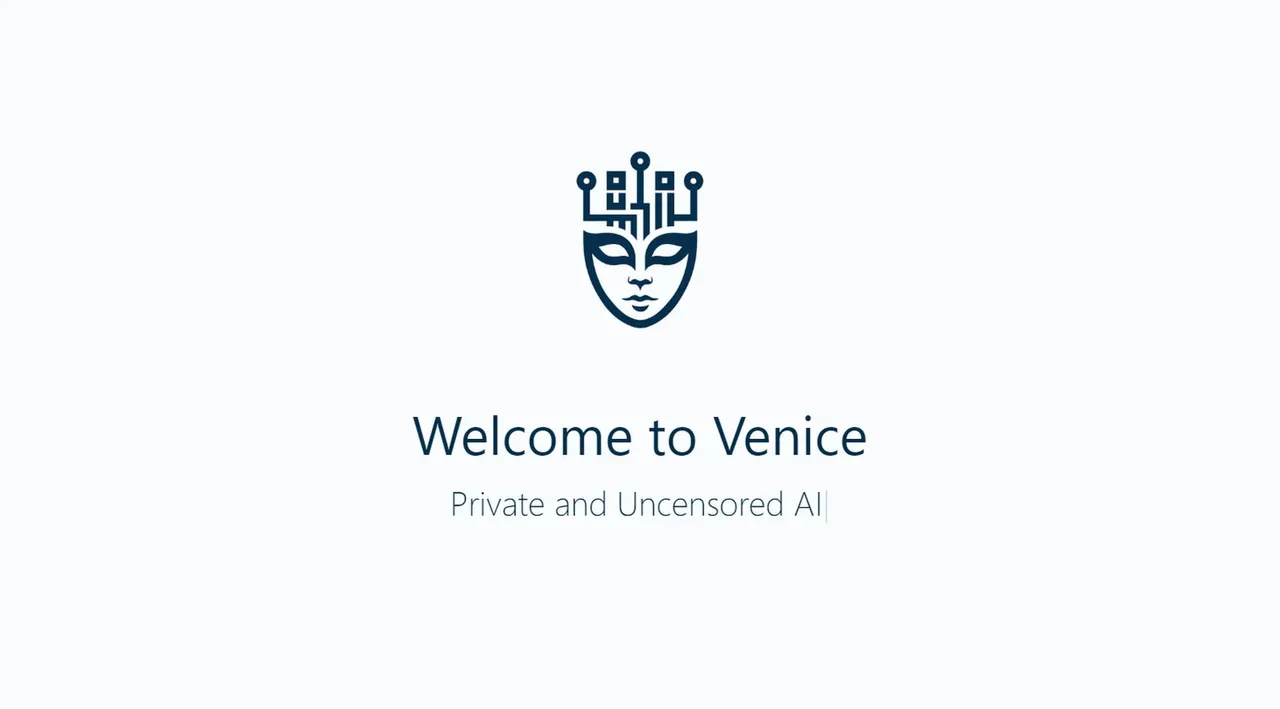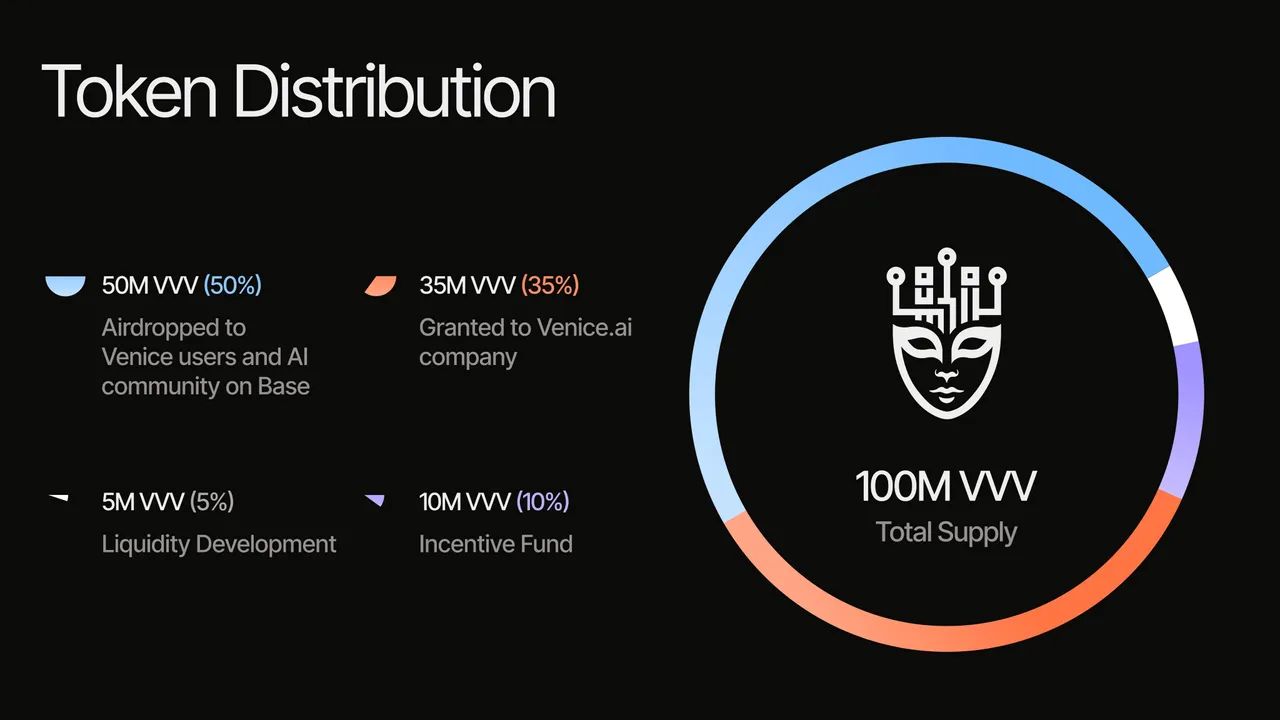By now you have probably used ChatGPT, Grok, or some other AI chatbot to answer a question, generate an image, or produce some code for you.
If so, you may be interested in a free and open alternative called Venice AI, which we'll cover briefly today. This emerging AI generative app offers a few advantages over big players like OpenAI.

Censorship-Free
Venice leverages open-source and uncensored AI models that are not subject to the content moderation policies imposed by big tech companies like OpenAI or Facebook. The models used by Venice are trained to generate responses without restrictions, making sure that you receive censorship-free output.
Private
Every time you ask ChatGPT a question your query is logged, ostensibly to improve its language model. Similar to Internet search, you may want to ask AI a question without it being saved. Venice stores your prompt data and response data locally in your browser, ensuring that your information isn't sent to or stored on Venice's servers.
Token Model
Instead of charging customers (or AI agents) in dollars for API calls, Venice uses a token staking model. How does it work?
By staking the VVV token you can access free, ongoing inference on the Venice API. For example, if you stake 1% of the supply, you get access to 1% of Venice’s inference capacity on a continual basis.
VVV Details
In January the Venice team minted their VVV token on Base, Coinbase's optimistic roll-up scaling solution for Ethereum.
50% of the initial supply (100 million) was airdropped to the AI community and to Venice users who were using the service and collecting points before 2025.
Unfortunately the airdrop was only open for 45 days and if you missed the deadline, you're out of luck. The unclaimed VVV (1/3 of total supply) was burned on March 12, 2025.

14 million new VVV are minted every year, and the current APY for staking VVV is 60%.
The Back End
According to chats in the project's Discord, most of the compute power used for inference is rented from decentralized compute network Akash. However, the team says they are open to branching out to other decentralized compute networks in the future.
Until next time...
If you're unhappy with your loss of privacy, or the censored results you're getting from big tech generative AI, you may want to give Venice.ai a chance to see if your results improve.
If you learned something new from this article, be sure to check out my other posts on crypto and finance here on the Hive blockchain. You can also follow me on InLeo for more frequent updates.